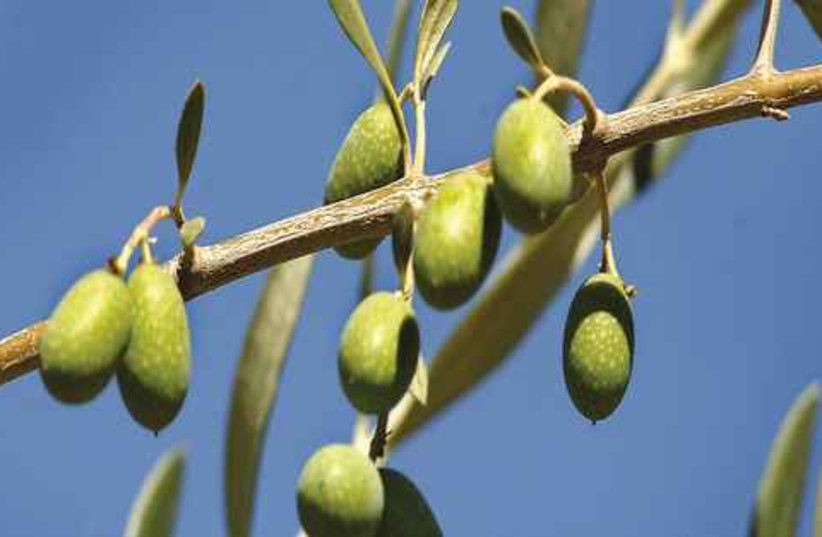Spanish police have seized 74 tonnes of stolen olives in the southern province of Seville, the latest theft triggered by soaring prices caused by a dwindling harvest.
Twelve people were arrested in the town of Pilas for their suspected involvement in the theft and trading of the olives, police said in a statement on Friday.
Spain is world's largest producer of olives and olive oil. Heatwaves when the olive trees were flowering and a severe drought have caused a plunge in production, driving up prices. A similar harvest is expected in 2024, according to estimates.
Police have also detected thefts of olive oil
Some 6,000 liters of extra virgin olive oil were stolen in late September from olive oil producer Terraverne, which operates in Teba, a small village in Malaga province, and specializes in premium olive oil.
The olive oil was already bottled for dispatch to customers, said spokesperson Laura Larrubia Nogales.

"With the prices of olive oil, stealing oil is now like stealing jewelry," Larrubia Nogales said in a telephone interview.
It was the first time they had suffered a robbery of this kind, she said.
The thieves deactivated the security cameras and carried out the robbery at night, causing significant damage.
The company has reinforced security measures, installing more alarms and perimeter cameras. Police were conducting night patrols near the site, Larrubia Nogales added.
Marin Serrano El Lagar, an oil press in Carcabuey, Cordoba, had about 50,000 liters of olive oil stolen a few days later. The company declined to comment to Reuters on the incident.
Dcoop, the largest olive oil cooperative in Spain and the country's second biggest olive oil producer, said none of its presses had suffered robberies.
But "what is clear is that the prices increase the temptation," Dcoop said in a response to Reuters.
